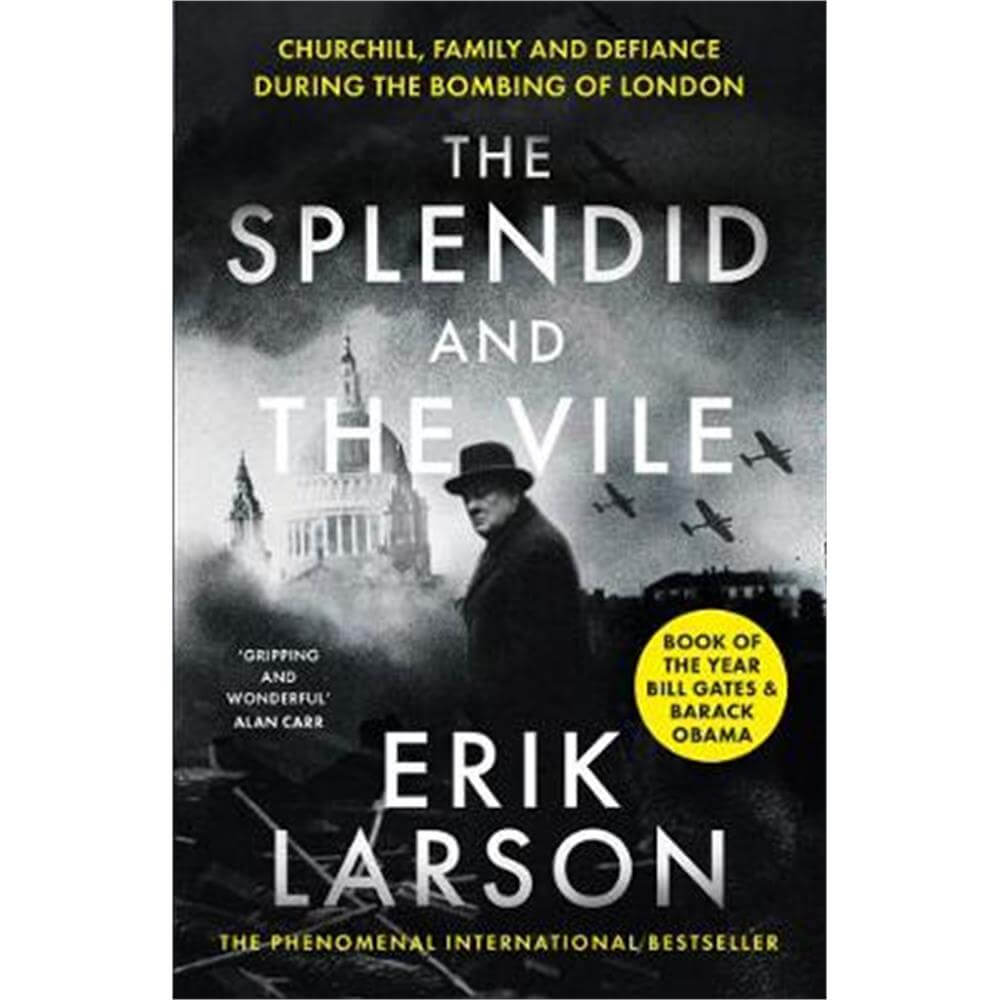


The Nazi army had invaded France, Britain’s ally. By May 1940, the writing was on the wall. Alfred Hitchcock's movie version, starring Laurence Olivier and Joan Fontaine, was also playing in London, as were the films The Thin Man and the. In the city's West End, theaters hosted twenty-four productions, among them the play Rebecca, adapted for the stage by Daphne du Maurier from her novel of the same name. The late-summer heat imparted an air of languid complacency. After the August air raid when bombs first fell on London proper, the city had retreated back into a dream of invulnerability, punctuated now and then by false alerts whose once-terrifying novelty was muted by the failure of bombers to appear. The giant barrage balloons overhead cast lumbering shadows on the streets below. Shoppers jammed the stores of Oxford Street and Piccadilly. People thronged Hyde Park and lounged on chairs set out beside the Serpentine. Temperatures by afternoon were in the nineties, odd for London.


The day was warm and still, the sky blue above a rising haze. The Splendid and the Vile takes readers out of today's political dysfunction and back to a time of true leadership, when, in the face of unrelenting horror, Churchill's eloquence, courage, and perseverance bound a country, and a family, together. Drawing on diaries, original archival documents, and once-secret intelligence reports-some released only recently-Larson provides a new lens on London's darkest year through the day-to-day experience of Churchill and his family: his wife, Clementine their youngest daughter, Mary, who chafes against her parents' wartime protectiveness their son, Randolph, and his beautiful, unhappy wife, Pamela Pamela's illicit lover, a dashing American emissary and the advisers in Churchill's "Secret Circle," to whom he turns in the hardest moments. In The Splendid and the Vile, Erik Larson shows, in cinematic detail, how Churchill taught the British people "the art of being fearless." It is a story of political brinkmanship, but it's also an intimate domestic drama, set against the backdrop of Churchill's prime-ministerial country home, Chequers his wartime retreat, Ditchley, where he and his entourage go when the moon is brightest and the bombing threat is highest and of course 10 Downing Street in London. It was up to Churchill to hold his country together and persuade President Franklin Roosevelt that Britain was a worthy ally-and willing to fight to the end. For the next twelve months, Hitler would wage a relentless bombing campaign, killing 45,000 Britons. Poland and Czechoslovakia had already fallen, and the Dunkirk evacuation was just two weeks away. On Winston Churchill's first day as prime minister, Adolf Hitler invaded Holland and Belgium.


 0 kommentar(er)
0 kommentar(er)
